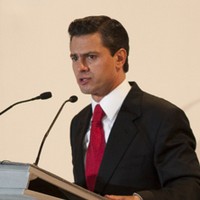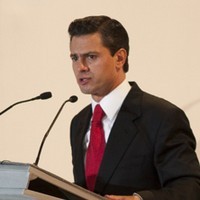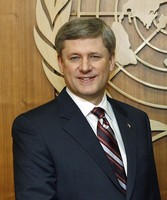
MEXICO CITY — Mexican President-elect Enrique Peña Nieto ran on an agenda alien to many in his once-dominant Institutional Revolutionary Party: change. More specifically, Peña Nieto emphasized the need for structural reforms that many in the PRI have showed little enthusiasm for approving in recent years. But Peña Nieto says times have changed, and he has promised that an ambitious agenda of structural reforms will mark his presidency. He also insists there’s no going back to the past, when the PRI earned a checkered reputation for corruption and crony capitalism prior to losing power in 2000 after 71 straight years […]


